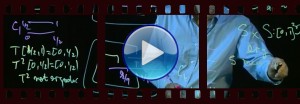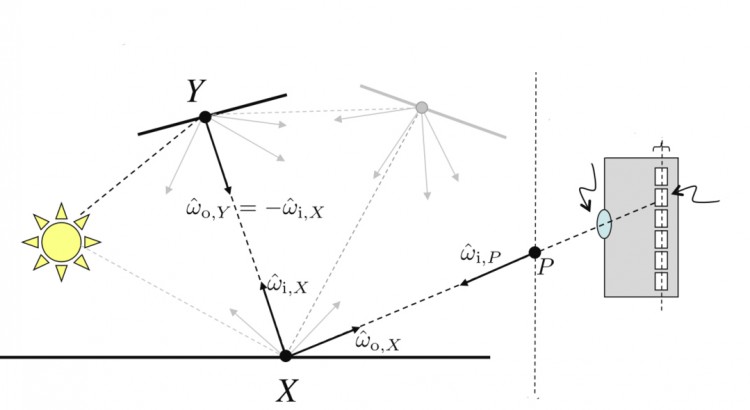See also: QLAB project launch https://lacol.net/qlab-launch
This January, LACOL’s Quantitative Skills working group held a 3-day intensive workshop (also known as a hack-a-thon) to explore a shared framework for review of online modules designed to strengthen students’ quantitative skills (QS) and quantitative reasoning (QR). The face-to-face event was designed by a core team of faculty and technologists from the QS group. The workshop was hosted at Carleton College, with support from the Office of the President, Perlman Center for Learning and Teaching, and Office of Academic Technology.

Goals for the LACOL QS hack-a-thon:
- Identify aspects of existing QS/QR curricula, frameworks, and methods to be adapted as an online module/program by participating colleges. The goal for the collaboration is to enhance, not replace, local offerings.
- Plan for participating campuses to pilot one of the frameworks and agree to a process for assessment and sharing results among campuses.
- Document workshop outcomes and recommendations to share with colleagues across the liberal arts.
Location: Carleton College
Dates: Jan 9-11, 2017 (live blogging)
Workshop Outline: click here
Special Guest: Jim Rolf, Shizuo Kakutani Lecturer in Mathematics at Yale University; lead for Yale Online Experiences for Yale Scholars (ONEXYS)
Workshop Participants: list
Background:
Throughout the year, the QS working group has been exploring ideas for a collaborative framework to curate or build online tools and resources – including metadata on related pedagogical practices – to support students with QS/QR. Earlier this year, QS group members contributed to a joint exercise informally titled “What do we mean by quantitative skills?” to generate a shared list of key skills across the quantitative disciplines that students will need to have or acquire early in their academic careers. This common skills list provides input into strategies for helping students identify and close gaps.
Some LACOL campuses have begun offering pre-matriculation “bridge” programs – including on campus and online elements – for a cohorts of entering students. For example, the Carleton Undergraduate Bridge Experience or CUBE for QS was piloted last summer. (See Carleton’s presentation at LACOL 2016 and a related webinar on CUBE.)
In considering where online/blended approaches may help, faculty express the need for flexibility in drawing on appropriate content “just in time” in order align with the curriculum and teaching style. Contributing to a common bridge/refresher framework and shared resources through LACOL could realize a truly collaborative benefit compared to each school reinventing the wheel. Agreement to experiment within a common framework can enable faculty to more meaningfully align and compare data and outcomes from investigations into online/blended tools and techniques. With support from the technology team at the hack-a-thon, faculty plan to create small proofs-of-concept as a foundation for further collaboration.
Additional Resources:
- Carleton CUBE: https://lacol.net/carleton-cube-lacol2016
- Bryn Mawr FIPSE Math Fundamentals: http://blendedlearning.brynmawr.edu/fipse
- Yale ONEXYS: http://onexys.yale.edu ; https://lacol.net/qs-onexys/
Top Photo Credit: Banner image was adapted from a graphic provided by Prof. Morgan Macguire, Williams College, see: https://lacol.net/graphics-codex




